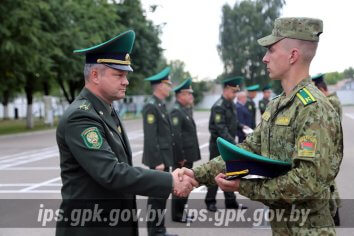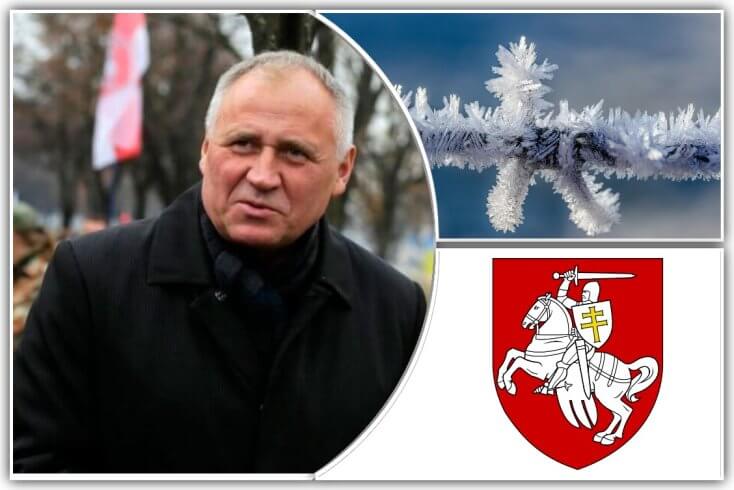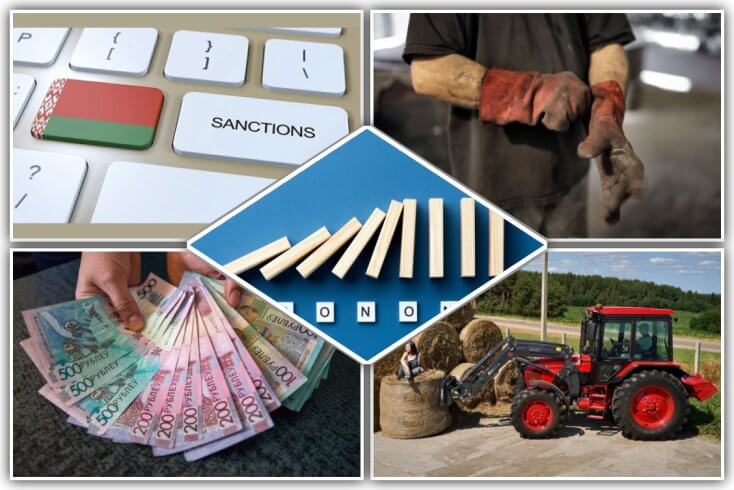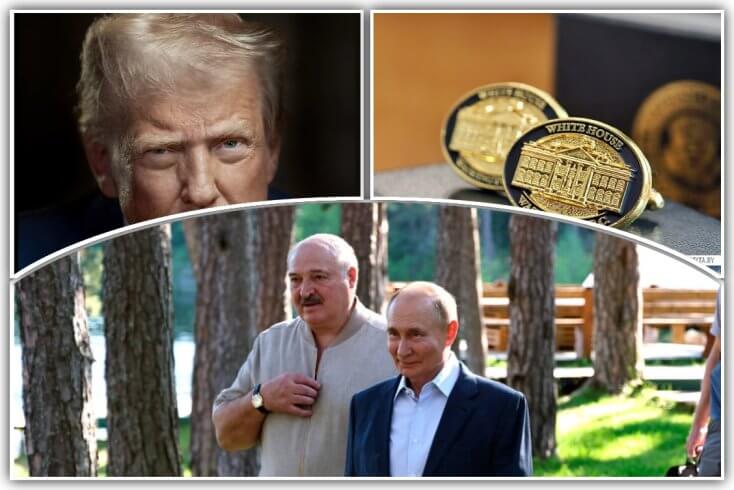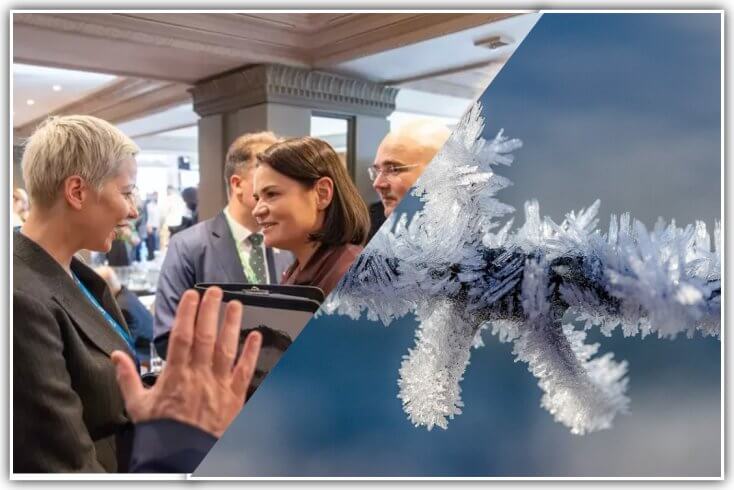Minsk has claimed its readiness to improve ties with the West, although it has yet to take any meaningful steps to reduce tensions. On January 17, Prime Minister Raman Hałoŭčanka expressed confidence that Western countries would eventually engage with Belarus. Similar statements were made by Foreign Minister Maksim Ryžankoŭ and Alaksandar Łukašenka.
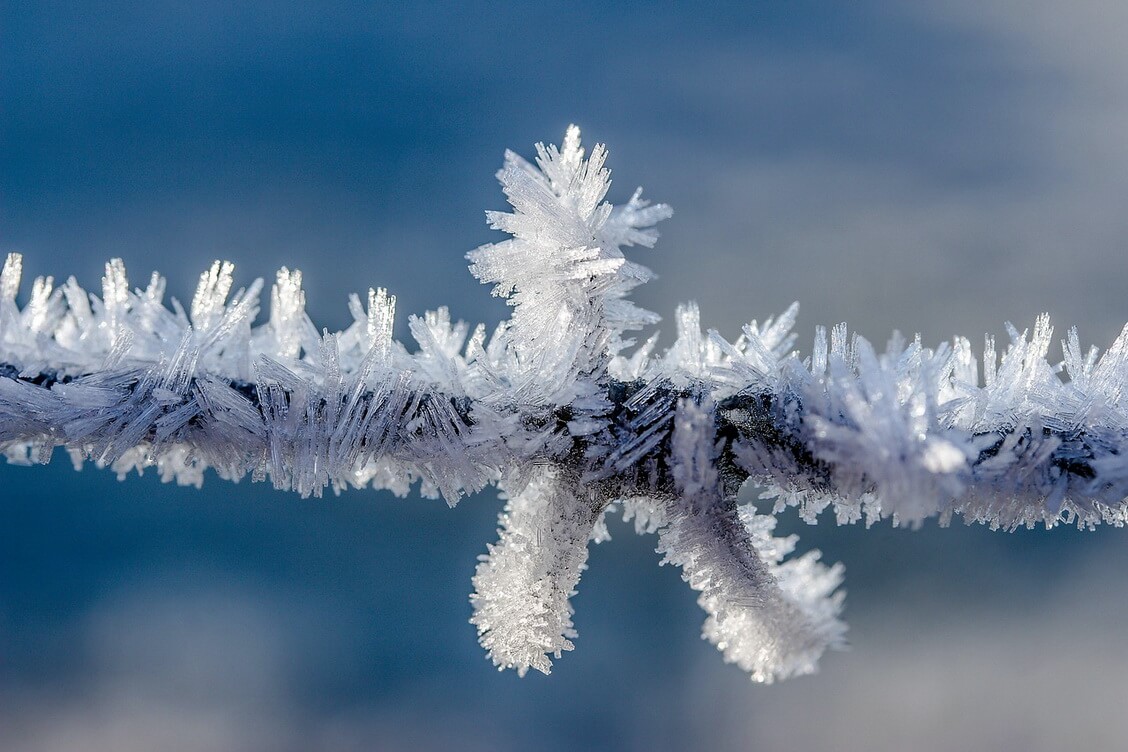
Belarus pushes for dialogue amid Western criticism
Belarusian officials assert their interest in normalizing relations but emphasize that the country has adapted to sanctions and can survive without the West. Minsk stresses that progress depends on decisions made by Washington, London and Brussels.
While Belarus largely defied international criticism of the controversial January presidential election, it has taken cautious steps to create conditions for future negotiations, such as pardoning dozens of political prisoners and releasing videos of opposition leaders Viktar Babaryka and Maryja Kaleśnikava after extended periods of incommunicado detention.
However, the lack of an enthusiastic response to these pardons from US President Joe Biden’s administration and Brussels—coupled with harsh criticism of the election from the EU—has clearly disappointed the Belarusian leader. On January 26, he lashed out at the West during a news conference in Minsk.
The European Parliament and the European Commission dismissed the election as a sham, while Canada and the UK imposed additional sanctions on three companies and six individuals, including the chief election official, Ihar Karpienka.
The Biden administration had condemned the election in advance, while the new US administration welcomed the release of American citizen Anastassia Nuhfer from a Belarusian prison on election day, without commenting on the election itself.
In Europe, the only positive news for Minsk came from Hungary’s veto of a joint EU statement condemning the poll. However, Hungarian Prime Minister Viktor Orban and Slovakian Prime Minister Robert Fico refrained from congratulating Łukašenka.
Western interest diminishes amid Kremlin alignment
In 2020, the West strongly denounced election fraud and police violence in Belarus. In contrast, the response in 2025 was less vocal. Russia, which continues its war against Ukraine, remains a staunch supporter of Łukašenka’s regime, and Belarus’ dependence on Russia has grown dramatically in recent years.
Sanctions imposed by the US, EU and UK have not met the expectations of Belarus’ pro-democracy forces, nor have they been effective in stifling the regime.
The Belarusian exiled opposition has lost ground, and Western politicians increasingly view Łukašenka as the Kremlin’s puppet, questioning Belarus’ true independence.
With Donald Trump’s tenure, Europe faded into the background of US foreign policy, and supporting democracy became less of a priority. In the EU, right-wing populist and far-right movements have strengthened. The recent election highlighted a low level of interest in Belarus, while Łukašenka successfully consolidated his regime.
The long-time Belarusian ruler, however, may be dissatisfied with having to follow Moscow’s lead. Any meaningful attempt by Minsk to repair relations with the West would likely provoke a negative reaction from the Kremlin. Given these conditions, Łukašenka cannot reasonably expect favors from the EU or US, who also view him as an ally of China, their main geopolitical rival.
Łukašenka holds key to future relations
If Łukašenka hopes for concessions from the West, he will be disappointed. However, he could make concessions of his own to draw attention.
While Minsk’s foreign policy is fully controlled by Russia, Łukašenka remains in charge of domestic politics. He could release more political prisoners, halt reprisals and curb the flow of migrants. Yet, the prospect of a complete removal or significant easing of sanctions remains unlikely.
Sanctions against Belarus are primarily linked to its support for Russia’s war in Ukraine, and they can only be lifted once the war ends—over which Minsk has no control.
A political thaw could make dialogue possible, but for Łukašenka, this remains too risky. He fears that even small concessions to political opponents could lead to a repetition of the 2020 unrest, causing his already fragile system to collapse.
After the war, changes in relations with the West are theoretically possible, but that point remains far off. Some contacts may occur, but no major shifts are expected.
Ultimately, progress depends largely on Łukašenka—the ball is in his court.
